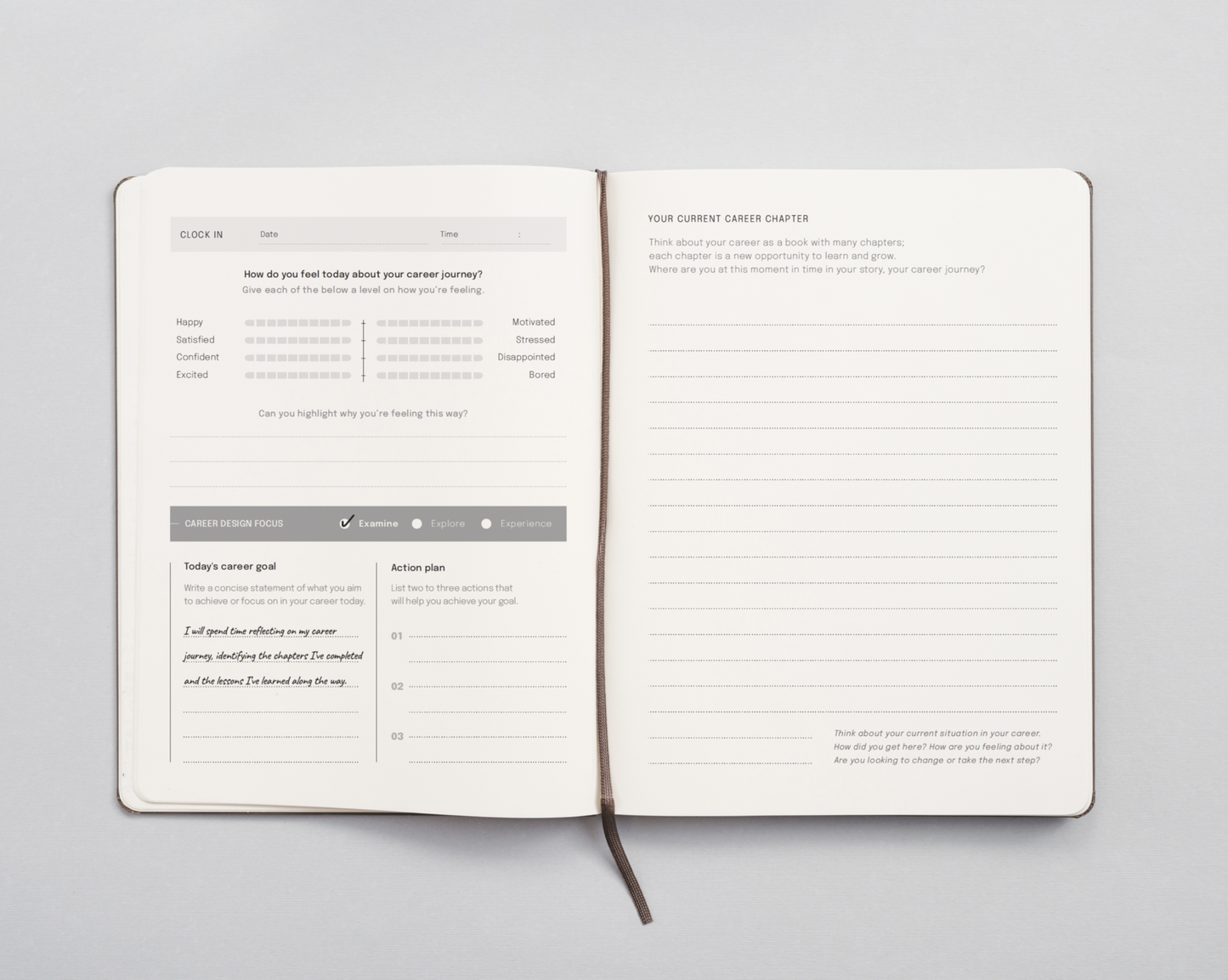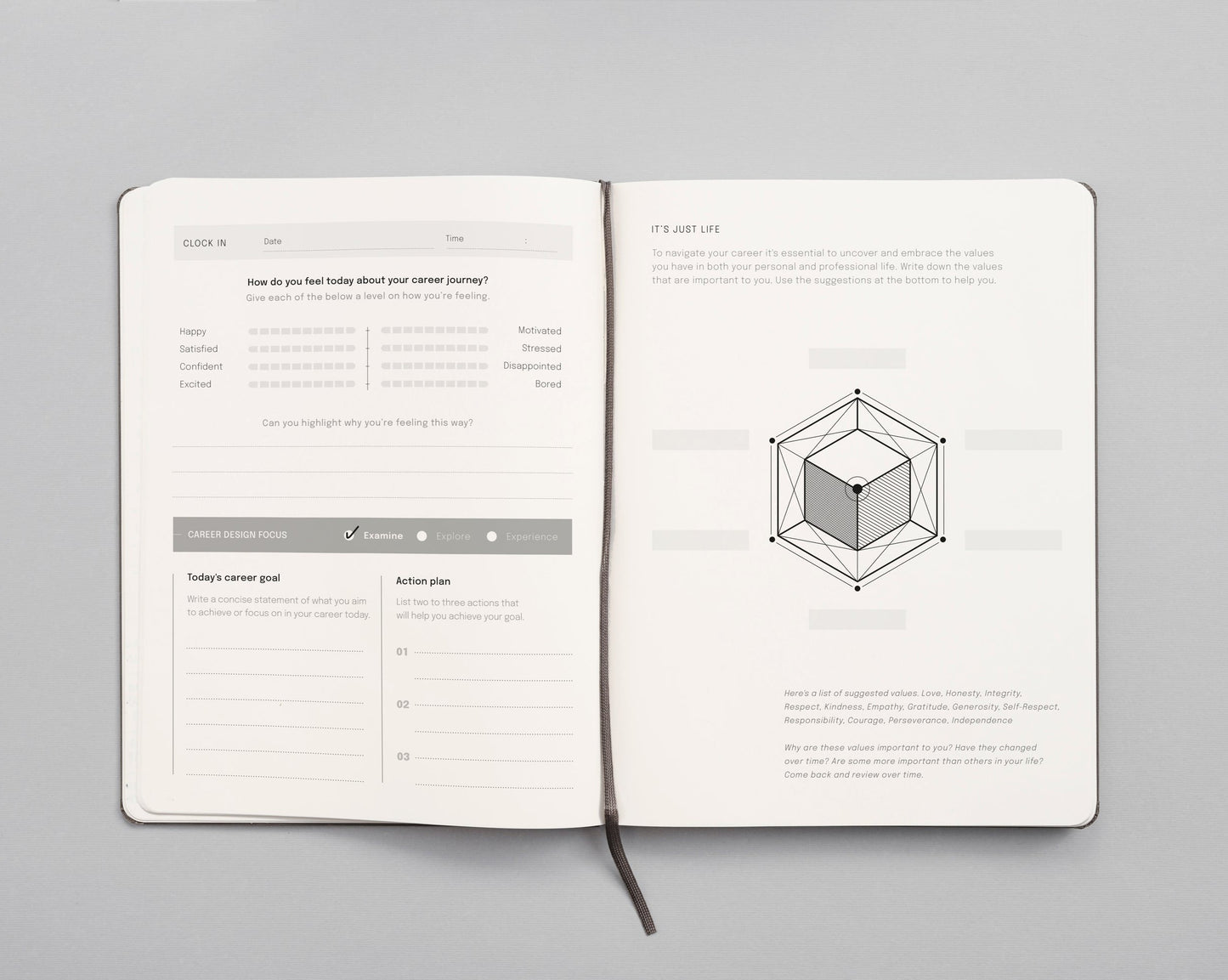In today’s fast-paced world, many of us are so busy juggling work, family, and personal commitments that we often forget to pause and reflect on our journeys. Yet, self-reflection is a powerful tool that can pave the way for significant career growth and development.
Why is Self-Reflection Important for Career Growth?
Self-reflection helps you understand what you truly want from your career. When you take the time to assess your experiences, you can:
Identify Strengths and Weaknesses: Understanding your skills can help you leverage your strengths and work on your weaknesses.
Set Meaningful Goals: Self-reflection allows you to align your career goals with your values, making them more achievable.
Improve Decision-Making: Analyzing past decisions helps you learn from your mistakes and successes.
Enhance Emotional Intelligence: Reflecting on interactions with colleagues/friends can improve your communication and empathy.
How to Practice Self-Reflection?
Here are some actionable tips to help you incorporate self-reflection into your routine, even if you're busy or stressed.
1.Set Aside Time Weekly Carving out just 15-30 minutes each week can make a significant difference. Choose a quiet space where you won’t be disturbed. Use this time to reflect on your week—what went well, what challenges you faced, and what you learned.
Example: At the end of each week, write down three successes and one challenge you encountered. Consider how you handled the challenge and what you could do differently next time.
Keep a Journal Journaling can be an effective way to document your thoughts and feelings. Writing helps clarify your mind and track your progress over time.
Tip: Use prompts to guide your writing, such as: "What did I learn this week?" or "How did I respond to challenges?"
2. Seek Feedback Ask colleagues, mentors, or friends for feedback about your work and interactions. This external perspective can shed light on areas you may not see yourself.
Example: After completing a project, ask for specific feedback. This not only enhances your learning but also shows your willingness to grow.
Practice Mindfulness Mindfulness techniques such as meditation can help you focus on the present and increase self-awareness. A few minutes of meditation can clear your mind and help you reflect more deeply.
Tip: Use apps like Headspace or Calm to guide your meditation sessions, even if they are brief.
3. Set SMART Goals, use the insights gained from your reflections to set SMART goals—Specific, Measurable, Achievable, Relevant, and Time-bound. This structured approach will help you stay focused and motivated.
Example: Instead of saying, “I want to improve my communication skills,” say, “I will attend one communication workshop each month for the next six months.”
Self-reflection is not just a tool for introspection; it is a valuable practice for career growth and development. By taking the time to reflect on your experiences, you can better understand your strengths, set meaningful goals, and make informed decisions.
Incorporate these tips into your busy life, and you may find that self-reflection transforms your approach to your career. Remember, taking the time to pause and reflect can lead to profound insights that drive your success.
References:
"Emotional Intelligence" by Daniel Goleman
"Mindset: The New Psychology of Success" by Carol S. Dweck
With dedication to self-reflection, you can cultivate a path toward fulfilling your career aspirations, even amidst the chaos of daily life.








